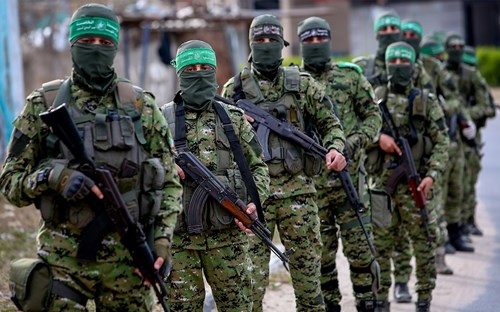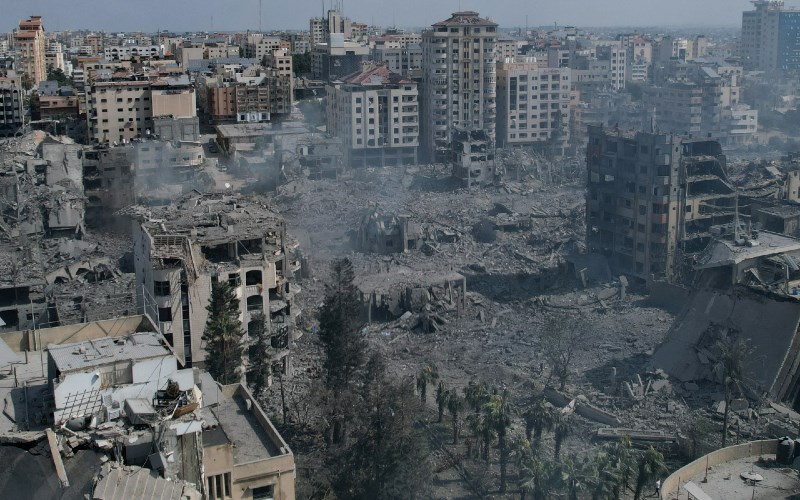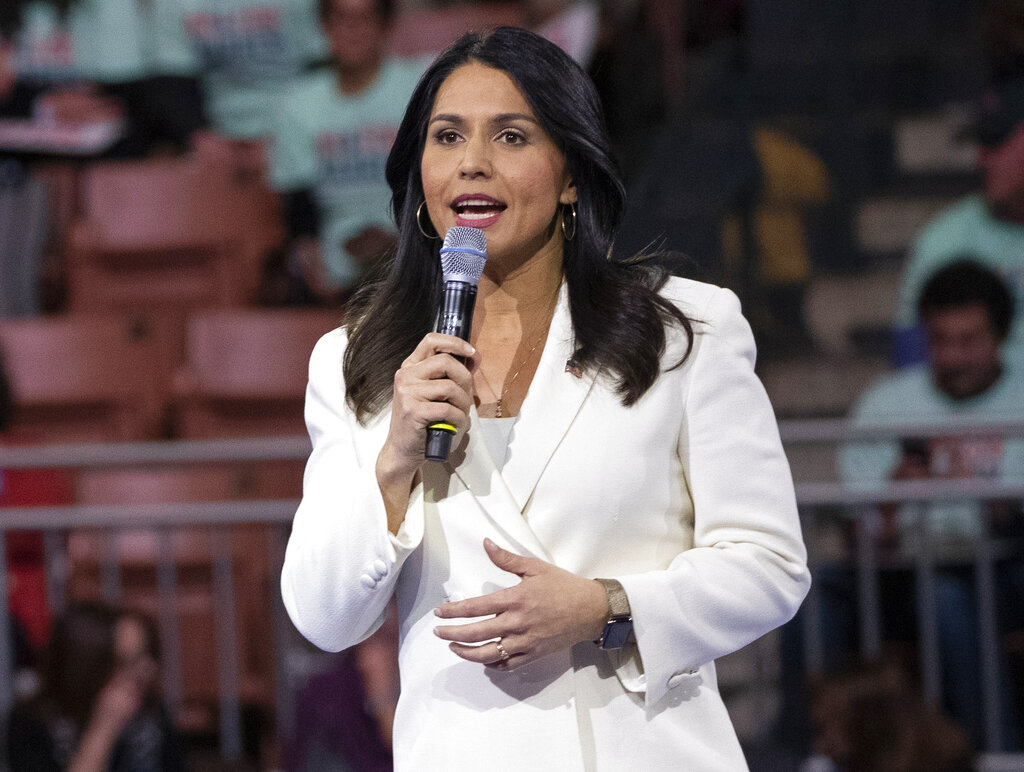The most recent example is President Joe Biden’s desire to build a temporary port in Gaza presumably to accelerate humanitarian assistance for the Palestinians.
During his State of the Union address earlier this month, Biden announced the U.S. armed forces will construct a temporary port off the coast of Gaza.

What appears to be a flag-waving humanitarian mission is really, at its core, a political strategy with an eye on Election Day, according to Frank Gaffney, the Center for Security Policy executive chairman.
Biden is pandering to Muslim voters in the swing state of Michigan, where former President Donald Trump is polling ahead of Biden, Gaffney told Washington Watch host Tony Perkins.
Gaffney suggested a key name in the port-building plan is Samantha Power, the former UN ambassador under President Barack Obama. She is currently chief administrator for the United States Agency for International Development, or USAID.
“I think this has actually been a plan for quite some time, specifically of Samantha Power," said Gaffney, "who is not only the USAID development director, but she's been a longtime activist in and out of government on behalf of the Palestinians."
USAID, a part of the State Department, made headlines in late January when its workers publicly demanded Power support a ceasefire in Gaza.
 Power, an Ivy League-educated intellectual, has emerged as an idol among left-wing elites in Washington, D.C.
Power, an Ivy League-educated intellectual, has emerged as an idol among left-wing elites in Washington, D.C.
Gaffney, however, predicts she is leading a backroom plan by the Biden administration with a goal to "save" Hamas from being destroyed by the Israeli Defense Forces.
“They're not really interested in having the Israelis succeed," Gaffney said of Power and other key figures. "They profess to be aligned with them, and standing by them and supporting them and so on. What this administration has been doing has been inexorably creating more and more and more obstacles to the Israelis defeating Hamas decisively as they must."
Gaffney also predicts U.S. troops will soon be on the ground in Gaza regardless of what Biden said, which was "not boots" on Gazan soil.
“They won’t be walking on water very long. They’ll be inserting themselves in the way between Israelis and Palestinians,” Gaffney said.
A United Nation’s report last December said the entire population of 2.2 millions Gazans faced a food crisis as a result of Israel’s war against Hamas.
“Here’s the thing: There’s plenty of food there at the moment. It’s just mostly being ripped off by Hamas,” Gaffney countered.
 Not only will a port not fix the food problem, Gaffney insisted, it will allow another route for Hamas to receive military aid that can't be blocked by the IDF.
Not only will a port not fix the food problem, Gaffney insisted, it will allow another route for Hamas to receive military aid that can't be blocked by the IDF.
"It's going to go directly from whoever’s providing it - maybe it’s the Chinese, maybe it’s the Russians, maybe it’s us, who knows – but it will go directly into the hands of Hamas and further enable them to fight on,” Gaffney said.







